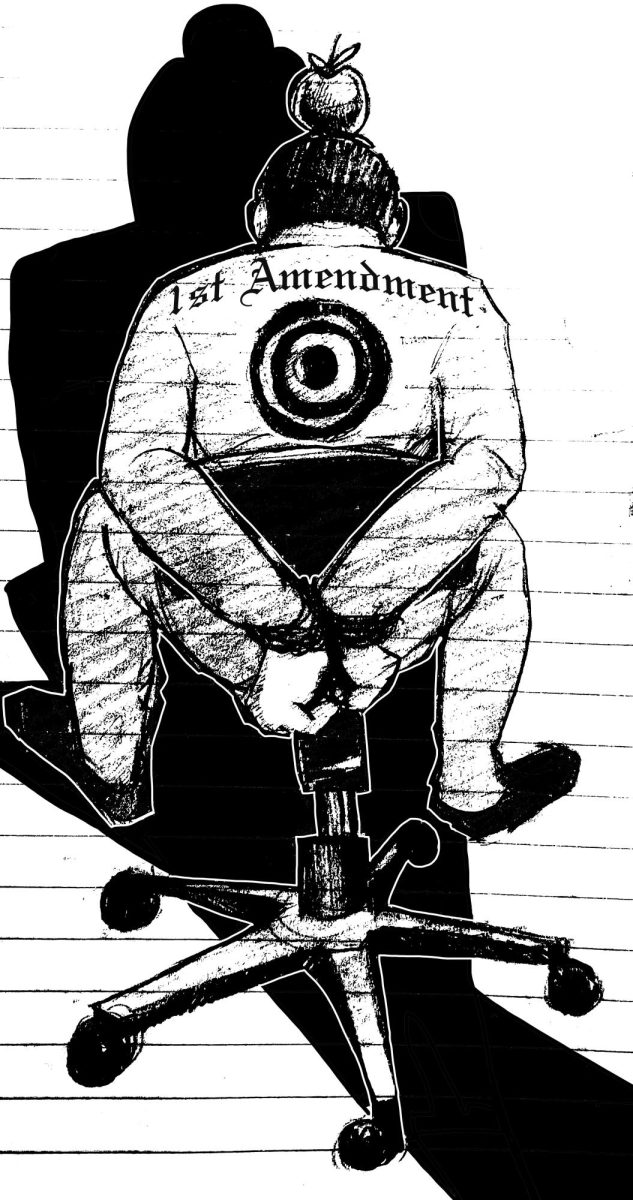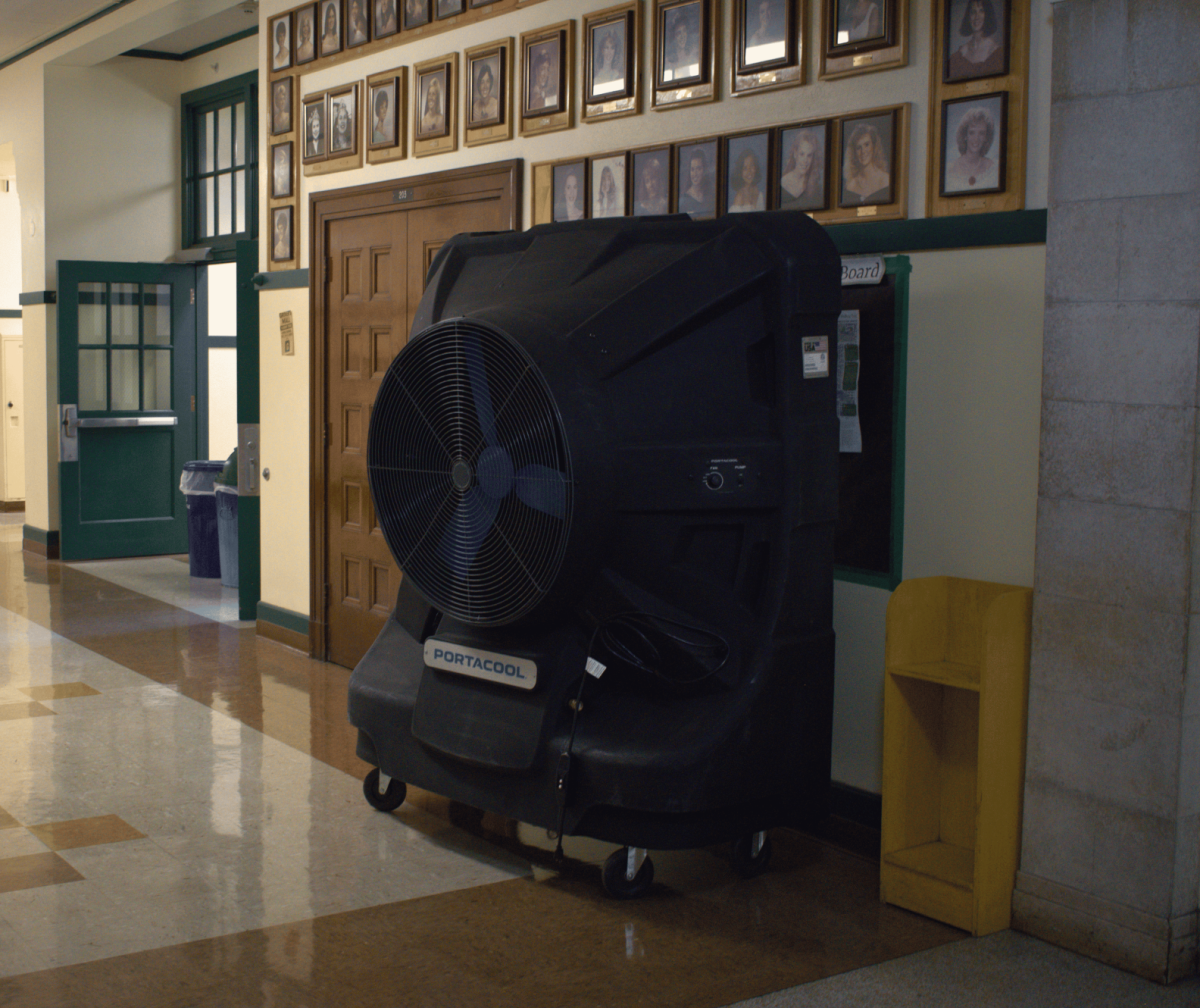The new term for the United States Supreme Court began Oct. 7, 2024, and has already come to represent staggering changes in the USDOJ structure. Recently, the purpose and structure of the Supreme Court have been called into question. The last significant internal change was in 2022, when Justice Ketanji Brown Jackson was appointed. In light of recent controversial cases (namely, Trump v. United States and Dobbs v. Jackson) and the persistence of public initiatives to implement term limits, the Supreme Court issued their own Code of Conduct this past November.
If the Supreme Court does not block the law banning TikTok, on Jan. 19, the app will either stop receiving updates and slowly become unusable or may just stop functioning in the United States. Federal actors have argued that TikTok poses significant risks to national security (because ByteDance is based in China), while content creators using the app have claimed the right to free speech protects their expression on the app. This decision has come before the Court in light of the Protecting Americans from Foreign Adversary Controlled Applications Act (signed into law in April of 2024 by President Biden). Users cannot download the app after Jan. 19 or 20, because the law functions through app stores (Google Play, Apple’s App Store). There are a few different outcomes post-inauguration that could allow TikTok to return eventually.
The potential TikTok ban is, by far, the most discussed issue at Cleveland, but other notable cases also deal with modified ghost gun regulation and gender-affirming care for youth in Tennessee. Barnes v. Felix concerns the evaluation of excessive force and the application of the “moment of threat” doctrine in different contexts, following the death of Ashtian Barnes. Due to an outdated definition of ‘firearm’ in standing legislation, ghost guns have evaded specific standardization procedures otherwise enacted, and clarification is required in Garland v. VanDerStok. Additionally, United States v. Skrmetti has brought up the issue of gender-affirming healthcare for minors in Tennessee (Kentucky has a similar law), arguing that limiting the care violates the Equal Protection Clause of the 14th Amendment. Nuclear Regulatory Commission v. Texas will also clarify the nuclear waste storage policy. More information can be found at Oyez.org.
In early December, the New York Times reported on new ethics guidelines in the Supreme Court. Since the summer of 2023, the justices have been revising a code of conduct to clarify standing principles of good moral quality. While the 15-page document certainly explains shared values, it lacks real teeth. Naming the importance of propriety, transparency, and integrity, and clarifying actions in alignment with such values doesn’t guarantee behavioral revision. Justices Clarence Thomas and Samuel Alito have been especially criticized for violating federal laws that require them to report gifts (including, but not limited to: international vacations, a $19,000 bible, and $100,000 private jet flights), but have not offered substantial remorse. President Biden and Kamala Harris have promoted 18-year term limits and asked Congress to pursue the idea.
After the election, the Democratic Party began to debate Justice Sonia Sotomayor’s positionality within broader political initiatives. While it would have been nearly impossible to successfully appoint a new Justice under President Biden’s administration before the inauguration on Jan. 20, 2025, advocates pushed Sotomayor to resign so Biden could pick a successor. Justice Sotomayor has already explained that she has no intention of resigning soon.
While this year appears to have fewer high-profile cases than last, Cleveland students should remain alert to the policies and systems that represent our nationwide values during the current SCOTUS term.
Sources:
https://abcnews.go.com/Politics/sotomayor-plans-resign-supreme-court-sources/story?id=115715433
https://www.cbsnews.com/news/supreme-court-new-term-cases-to-watch/
https://www.supremecourt.gov/about/Code-of-Conduct-for-Justices_November_13_2023.pdf














